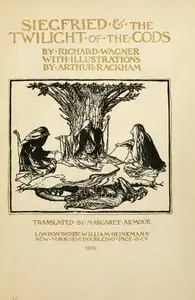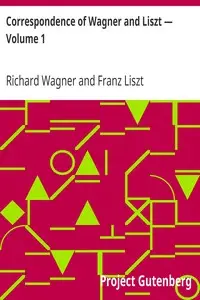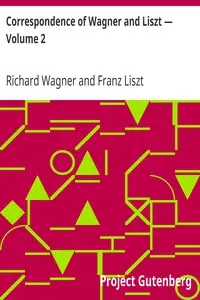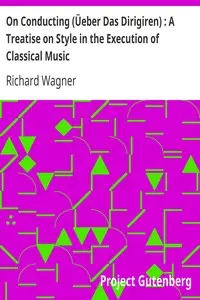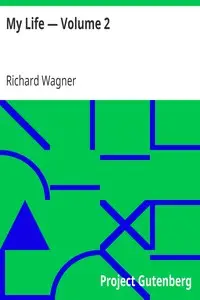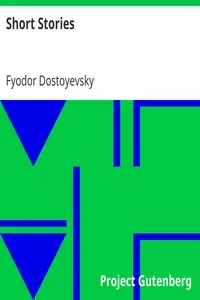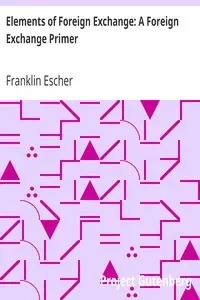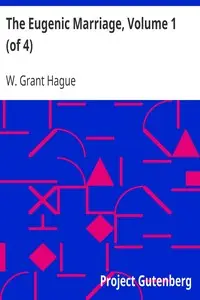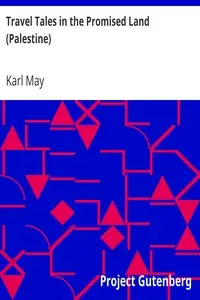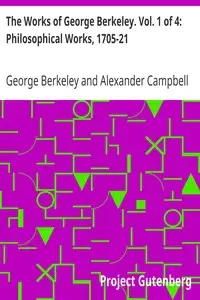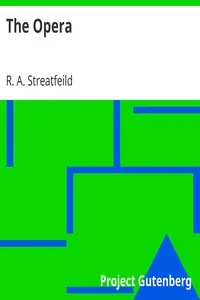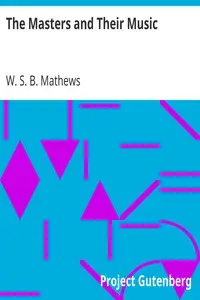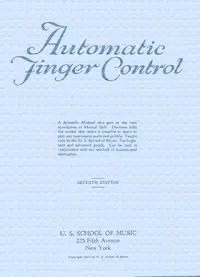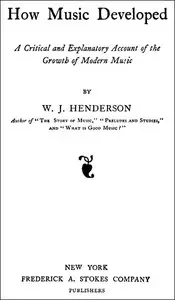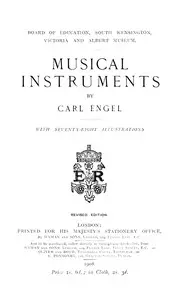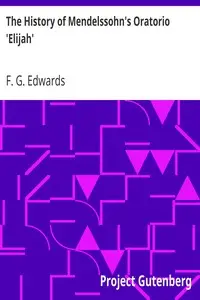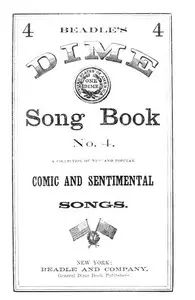"Tristan and Isolda: Opera in Three Acts" by Richard Wagner is a celebrated opera libretto written in the late 19th century. This book, which is primarily a dramatic libretto designed for musical performance, explores the timeless themes of love and tragedy through its ill-fated protagonists. The opera exemplifies Wagner's innovative approach to integrating music and narrative, making it a cornerstone of the operatic repertoire. The tale follows Tristan, a noble knight of Cornwall, who is tasked with escorting Isolda, the princess of Ireland, to marry his uncle, King Mark. However, Tristan is in love with Isolda, leading to a complex web of love, deceit, and tragedy. After a love potion mistakenly consumed by the pair ignites their passions, they engage in a forbidden affair that ultimately results in betrayal and heartbreak. As their respective loyalties to King Mark clash with their love for each other, the story escalates to a fatal conclusion where both lovers face the dire consequences of their actions. The opera culminates in a poignant ending, where the love between Tristan and Isolda transcends life and death, showcasing the profound yet destructive nature of their desire. (This is an automatically generated summary.)
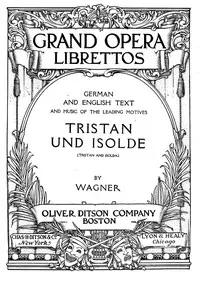
Tristan and Isolda: Opera in Three Acts
By Richard Wagner
The German text is not included in this eBook.
Wilhelm Richard Wagner was a German composer, theatre director, polemicist, and conductor who is chiefly known for his operas. Unlike most opera composers, Wagner wrote both the libretto and the music for each of his stage works. Initially establishing his reputation as a composer of works in the romantic vein of Carl Maria von Weber and Giacomo Meyerbeer, Wagner revolutionised opera through his concept of the Gesamtkunstwerk, by which he sought to synthesise the poetic, visual, musical and dramatic arts, with music subsidiary to drama. He described this vision in a series of essays published between 1849 and 1852. Wagner realised these ideas most fully in the first half of the four-opera cycle Der Ring des Nibelungen.

